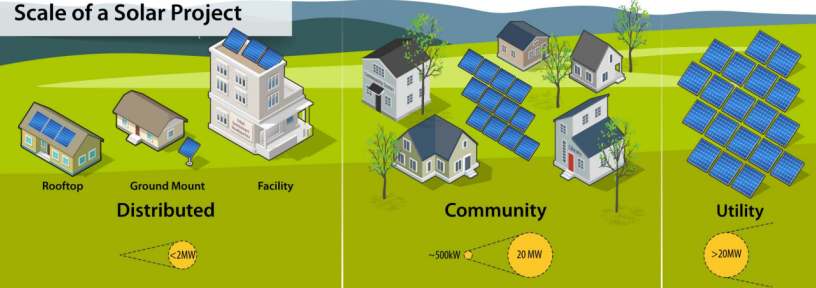

American Indian Sovereignty and E-Commerce - PBS Video
Many tribes in the U.S. have started doing business over the internet, resulting in conflicts between state, federal and tribal laws. National Congress of American Indians chairman Brian Cladoosby and professor Robert Miller, the faculty director of the Rosette, LLC Native American Economic Development Program of the Indian Legal Program, will discuss issues of e-commerce in this video.

Legal Issues in Tribal E-Commerce - American University Business Law Review
E-commerce has become a massive industry, and the laws governing e-commerce are rapidly evolving. This article addresses some of the major issues that have arisen in tribal e-commerce to date and offers policy recommendations to promote tribal e-commerce.
This article can be used by Tribal/Native leaders to understand E-commerce, legal issues within e-commerce, and utilize this research to advocate for their communities.

The Tribal Digital Divide: Extent and Explanations - Center for Indian Country Development
This paper highlights internet access, connection speeds, and internet pricing in Native communities. It also researches the gaps to accessible internet between tribal and non-tribal areas.
This working paper can be used by Tribal/Native leaders to understand gaps in internet access and utilize this research to advocate for their communities.

Tribes and AI: Possibilities for Tribal Sovereignty
This article delve into the ways AI can augment tribal legal systems, healthcare, education, cultural preservation endeavors, economic development, and administrative capacity for Tribal nations.

Centering Data Sovereignty, Tribal Values, and Practices for Equity in American Indian and Alaska Native Public Health Systems
A comprehensive analysis of how Economic Development Districts (EDDs) have identified regional and local housing challenges and established what role they can play in improving housing outcomes in their region. These roles may include the EDD serving as a planner, land bank, financier, and/or builder

Do No Harm Guide; Additional Perspectives on Data Equity
This No Harm Guide by The Urban Institute provides best practices for data researchers to prevent perpetuating stereotypes, biases, and other types of harm. It offers guidelines for chart design language, data ordering, color palettes, and data group.














